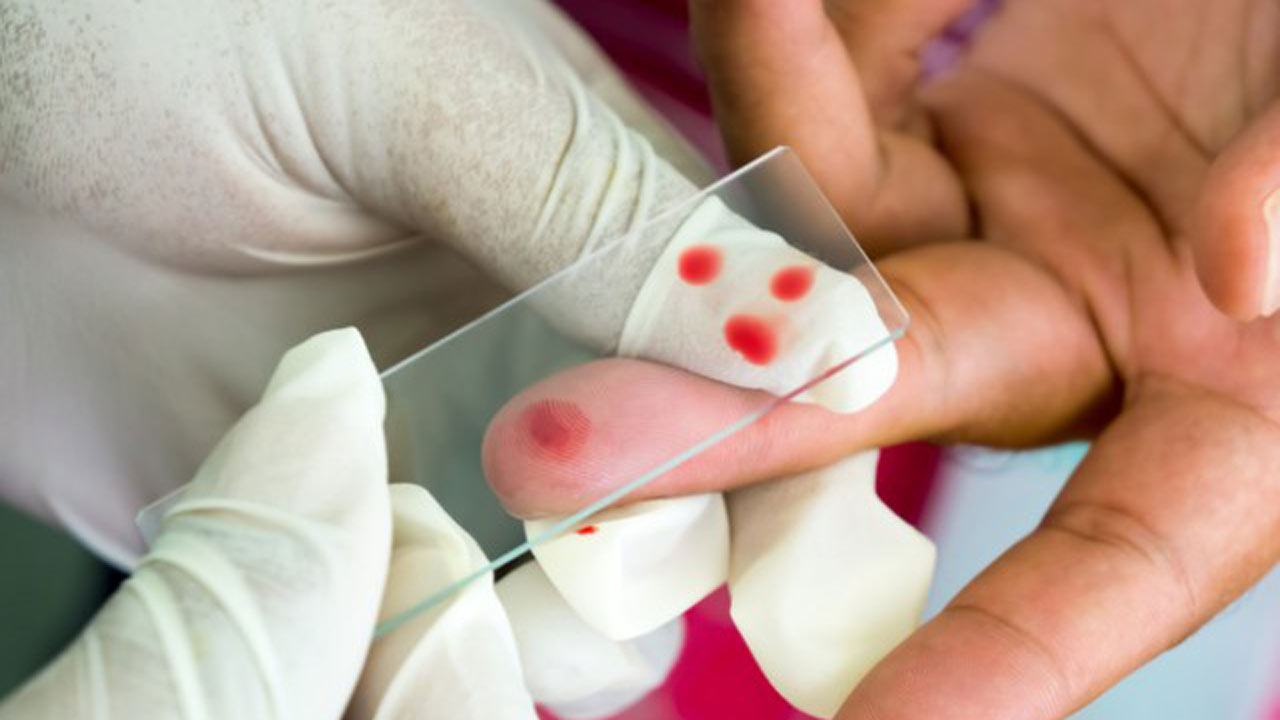The Nigerian National Malaria Elimination Programme (NMEP), has expressed confidence that zero malaria is achievable globally and nationally.
In the course of a tweet chat hosted in commemoration of World Malaria Day and monitored by BizWatch Nigeria, NMEP suggested two primary strategies that should be considered for the total eradication of the disease.
According to NMEP, prevention and diagnostic testing/treatment are effective strategies in achieving zero malaria.
“The strategies that can help the world achieve zero malaria are: Prevention (use of Insecticide-treated bed nets (ITNs), which include the -conduct of Indoor Residual Spraying (IRS), use of preventive medicine by pregnant women known as Intermittent Preventive Treatment of Malaria during Pregnancy (IPTp), and distribution of preventive medicines to eligible children.
“More so, diagnostic testing and treatment, which include testing using rapid diagnostic test kits or microscopy and treatment with Artemisinin-based Combination Therapy (ACTs),” NMEP explained.
NMEP further advocates for a continuous fight against malaria, saying at no point and no reason should it be suspended.
“Pandemics and epidemics tend to overwhelm health systems and the general populace and in the process, other killer diseases such as malaria are not adequately addressed.
“As seen in the ebola epidemic, due to little attention paid to other infections, there was a spike in malaria cases and deaths in the most affected areas. So, even when epidemics are ravaging, the fight against malaria must continue uninterrupted,” the organisation stated.
Why the total eradication of malaria suggested by NMEP matters
The consequences of malaria vary. From household poverty to economic sabotage, this disease poses an enormous threat to individuals, communities, and nations at large. Hence, the need for its total eradication.
The economic impact of malaria is estimated to cost Africa $12 billion every year. This figure factors in costs of health care, absenteeism, days lost in education, decreased productivity due to brain damage from cerebral malaria, and loss of investment and tourism.
According to experts, malaria slows economic growth in Africa by up to 1.3% per year.












